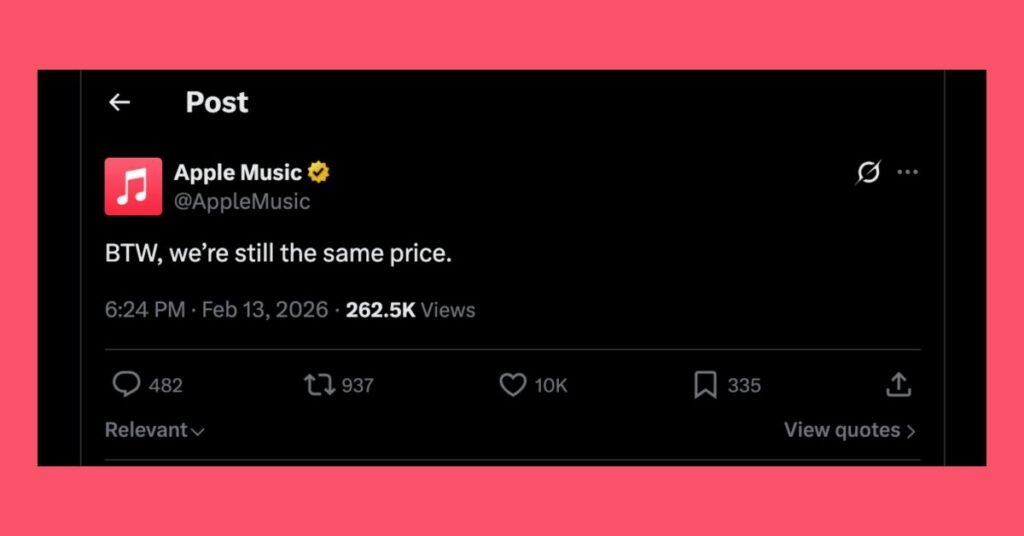Do I need an antivirus for OS X?

Do users need an antivirus for OS X? This is a question which has been hovering around for a while, the answer though, is different today than it was a few years ago. Chances are if you are a user of Apple’s popular OS, you might be mistaken to believe that you are well protected against viruses and other dangerous threats.
Although Apple has designed a built-in security system for the OS, has it been successful enough in keeping the system completely immune to malware and viruses? Or should you really consider some additional safeguard for your Mac?
Yes or No?
More of ‘Yes’ than ‘No’. It definitely is recommended that you get an antivirus for your Mac. Though it is not as vulnerable to threats as the Windows Operating System is, OS X isn’t as secure as it once used to be. While the built-in security system still does a pretty satisfying job in protecting the system, it is still far from capable of keeping all the malicious threats at bay.
According to the trend that is visible, it is set to get worse. However, for the home users that make up the majority of the population of Mac users, the built-in security system should suffice.
“But, I thought Mac OS X was incredibly safe..”
It absolutely was! Unlike Windows, Apple’s sandboxed OS makes it tougher to hack. In fact, a few years ago if Mac users ever installed an antivirus, it served hardly any purpose except preventing malware from passing on to Windows users.
For a long time, hackers either couldn’t find an exploit or weren’t necessarily bothered in doing so. However, it hasn’t been the case forever. Macs have been cracked and are now more vulnerable to malware and viruses than ever before. Although the majority of the risks still target Windows PCs, Apple user’s must be warned that it is their turn now!
So, what really happened? Why has the once almost immune OS become vulnerable today?
Like everyone in this world, hackers and cybercriminals have a purpose in doing what they do. And that being, accessing your information through the devices you use to later monetize them in one way or another.
For years since the launch of Apple’s Mac OS computers, hackers didn’t really have a reason to target them as they were pretty content with Windows PCs. However, since the popularity of the Mac OS X increased, attackers started utilizing their time and resources in exploiting it. As they got more and more successful in doing so, the demand for having additional protection for the Mac has gained popularity.
Should I consider getting an antivirus or am I safe enough without it?
As of now, if you are just a home user, it is highly unlikely that you would become a target of malware. A small percentage of Mac OS X users have ever been affected by a virus. Though, not to forget, the risks are there! In reality, it should be more of a concern for business owners running Macs, especially if they have a fleet of computers that also include Windows PCs. A malware or a virus might not easily affect an Apple computer, but it may pass on and cause a risk to the more vulnerable Windows PC.
While the chances of a malicious attack are still low, though increasing, if you have a lot of important stuff to risk, having an antivirus for OS x installed is a really small price to pay. With the ever-increasing risks of malware targeting Macs, it wouldn’t be a bad idea to at least have some kind of antivirus for OS X installed, even if it is a simple free one.
Since, we’ve come to the conclusion that having additional security on the Macintosh is a step in the right direction, what are the best antivirus for OS X out there?
There are tons of antivirus software out there in the market to choose from. Just like for the Windows, the big players – Kaspersky, Symantec and Avast provide pretty decent antivirus software for OS X as well. If you are looking for something that is free but still trustworthy in protecting your computer, we feel Sophos Antivirus is the perfect choice. However, if you want to step your game up further, you wouldn’t regret going with Bitdefender.
Are malware and viruses the only security threats to worry about on Mac OS X?
This is the most important question so far! While people are busy discussing the risks associated with operating systems, cyber culprits search for other ways to target naive victims. Neither Mac OS X, nor any other operating system protect its owners from bad decisions.
Threats these days are intelligently engineered in tricking the user into providing the desired information by themselves, or, in installing software that isn’t really what they claim to be, leading to compromise of information. The most common ways of targeting uninformed users are through spam emails and phishing websites. Once they are convinced in proceeding through what they are told to do, they might give out sensitive information in the form of usernames, passwords and in worst case scenarios, debit or credit card details.
Other than that, the possible threats one might face are spyware and adware. To keep yourself away from them, steps like ensuring the computer’s firewall is always enabled are pretty effective. Also, make sure you disable Java in your browser unless there is a requirement of running it. Keep your Mac and all the applications on it up to date and you should be good.
The main security threats that a user faces in 2018 are highlighted in our article – What internet security threats to look out for in 2018.
Apart from system threats, thefts are another common security problem. Macs tend to be expensive. Their worth plays a major role in them being potential targets. You wouldn’t be far too regretful if you have a password set for your device and all data backed-up. While losing a Mac is certainly depressing, giving away sensitive information stored on it might be a lot more critical. After all, prevention is always better than a cure!
Be the first to write a comment.



